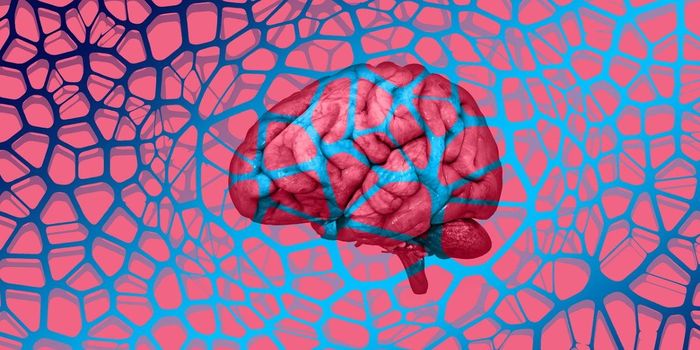Study Says Social Connection Best Way to Prevent Depression
Depression is the world's leading source of disability. Now, researchers from Massachusetts General Hospital (MGH) have found that social connection is the strongest protective factor against depression.
Until recently, researchers have typically focused on just one or two protective factors against depression. Now, new techniques in big data allow researchers to have insights not possible before.
For the study, the researchers used an exposure-wide association scan (ExWAS) to analyze data from over 100,000 people from the UK Biobank to identify factors associated with the risk of developing depression. These included sleep patterns, diet, physical activity, social interaction, media use, and environmental exposure. They then a technique called Mendelian randomization to calculate which of the strongest modifiable candidates may have a causal relationship with depression.
"Far and away the most prominent of these factors was frequency of confiding in others, but also visits with family and friends, all of which highlighted the important protective effect of social connection and social cohesion," points out Jordan Smoller, MD, senior author of the study. "These factors are more relevant now than ever at a time of social distancing and separation from friends and family."
The researchers also found that social connection's protective effects remained relevant for people at a higher risk of depression from genetic vulnerability and trauma early on in life. They also found that rates of depression tended to correlate with time spent watching TV, daytime napping, and regular use of multivitamins. However, they say further research is needed to confirm whether the link is causal or simply correlational.
"We've shown that it's now possible to address these questions of broad public health significance through a large-scale, data-based approach that wasn't available even a few years ago. We hope this work will motivate further efforts to develop actionable strategies for preventing depression." says Smoller.
Sources: Neuroscience News, Psychiatry Online









